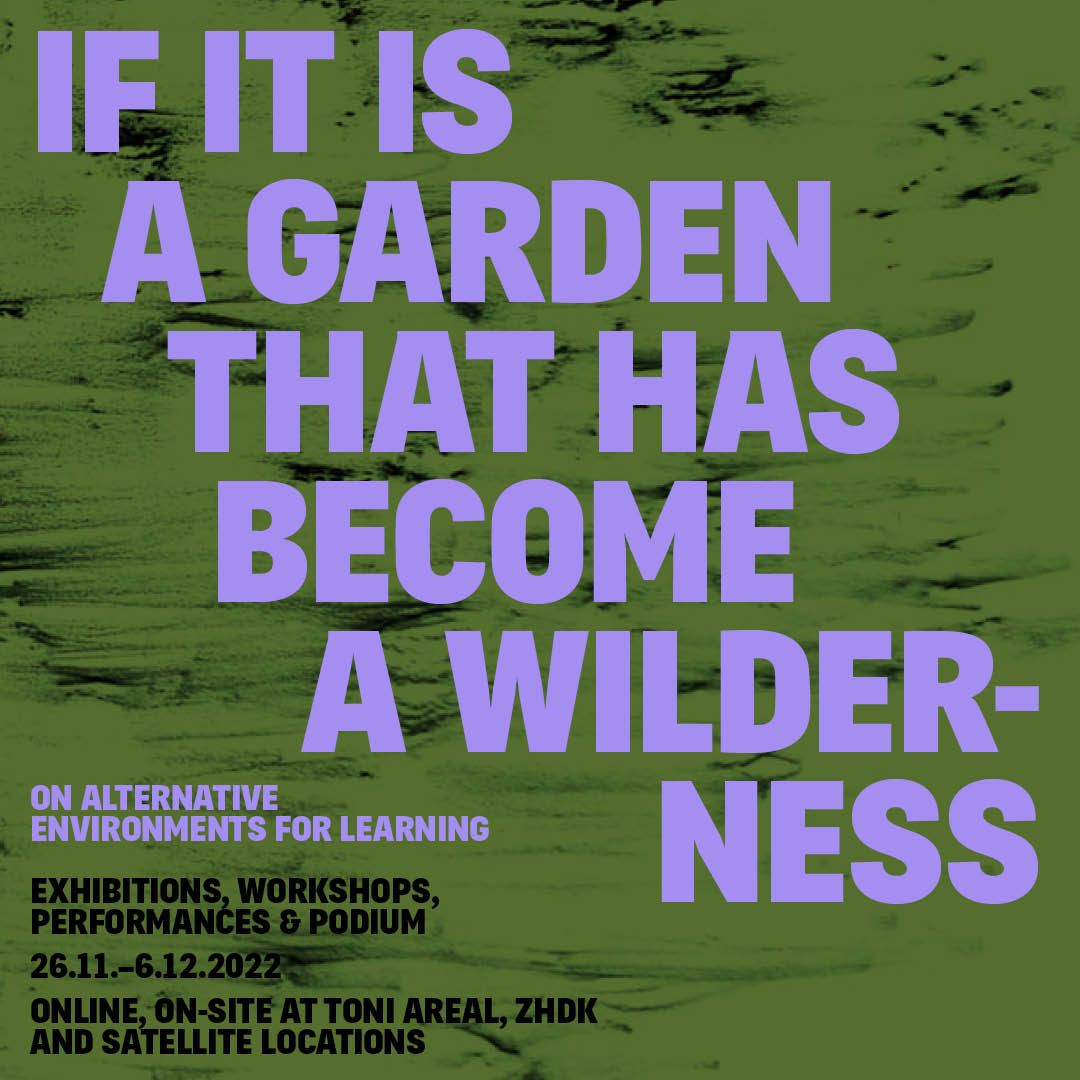Artist John Beck and sociologist Matthew Cornford have been tracking down and photographing the sites of British art schools for around five years. While many towns in the UK used to have a dedicated art school, now there are only a handful left; most of the buildings have been repurposed or, in some cases, demolished.1[1] They trace a gradual move from local thriving bodies of people producing and sharing their own culture, to the corporatisation of education and what they term the growth of ‘culture sheds’ – art centres and organisations situated in communities in the name of regeneration. These shift the dynamic from self-determined culture to a hierarchical management of the arts and culture, where organisations compete with one another for funding to ‘engage’ with audiences and participants, i.e. consumers of culture. This project wants to look at how to shift this paradigm, to work with those who wish to self-determine what learning and cultural production looks like in the area.
The live context for this research is a building recently bought by a group of organisations from a private landlord to protect it as a space for public use in an area which has been subject to several regeneration strategies and gentrification in Glasgow, Scotland. It is a site where class, intersecting inequalities and both aligned and incompatible interests meet. From this site we are asking what would a local, porous space for open learning in the arts and culture look like here? How can we spaces for self-determined learning and cultural production be supported within the given infrastructure, what is working, what’s not working, and how might it change?
A reference point for this project and research is the Worker’s Stories Project, who during lockdown in 2020 – 2021, along with the Workers Education Association delivered arts workshops for those working throughout the pandemic. The outcome and sharing event of this project gave a clear call a much more diverse range of cultural production in Glasgow to be platformed and supported that allows for people to make their own work, be given the space and time to do so and for it to be celebrated and supported by our public institutions. 1 in 5 of those who apply for art schools in the UK gain entry, leaving 4 in 5 with enormous potential and desire to create but nowhere to go. This statistically disproportionately affects PT adult learners, neurodiverse students, those who do not hold formal qualifications, those with caring responsibilities and those from lower socio-economic backgrounds. This issue is persistent but so far unaddressed locally, nationally and internationally.
The aim of this research is to have a laser focus on a local context to generate knowledge and working models to contribute to the wider culture of commons based, open educational pedagogies. Working with SoC to critically reflect and share with those working on aligned projects would provide a much needed wider community to expand on current methods, approaches, networks and knowledge. We would share our knowledge via both local and digital OER’s throughout March – Dec in a timetabled session of events situated in the locale but connected digitally to those working across Europe.
